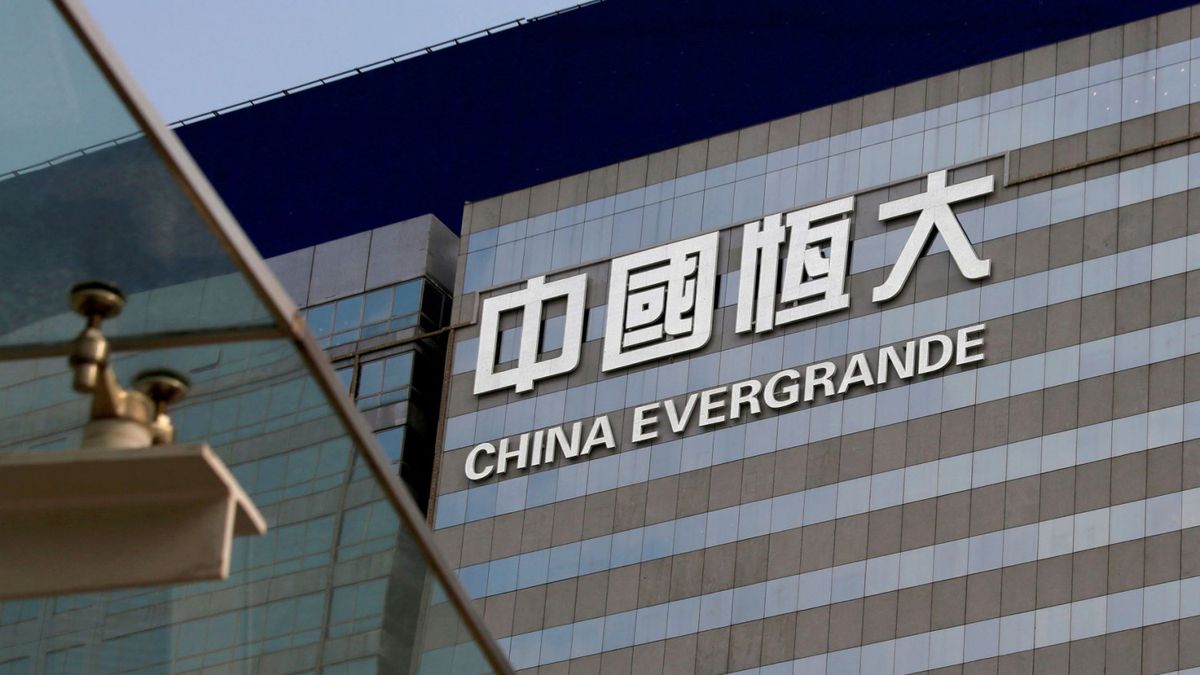More people than usual put their apartments up for sale in China, bringing the number of new announcements to multi-year highs. Demand appears to decline as supply on the market increases, posing new risks to an already fragile economy.
Month after month, property prices and sales in China continue to fall, increasing the challenge for the Chinese authorities, who are now trying to revive the market by investments massive.
He real-estate market Chinese is gigantic and plays a huge role in the prosperity of the country and, to some extent, the world. Analysts have pointed out the collapse of the Chinese real estate market, which has burst the country’s economic bubble and which is a factor in the global economic slowdown.
The cause of the current crisis lies in the central government’s clumsy and populist efforts to control housing costs through price restrictions and other measures, meaning that developers cannot make their profits or pay their debts.
If companies like Evergrande (the one that appears most in the news) go bankrupt or file for bankruptcy bankruptcybanks and lenders around the world will begin to withdraw their debts from the entire sector and the economy will collapse, which will affect developers, lenders, homeowners, the construction sector, the home improvement industry.
The outsized role that land and land sales have played in the economic development of China (local governments have benefited from the sale of land) – caused the central government to intervene to stop the speculation through price controls, killing the goose that lays the golden eggs.
House prices have fallen, and the real estate collapse It will have a broad impact on the economy, and it has not stimulated the economy or solved the housing problem. The recent real estate policy has endangered the Chinese economy. Real estate problems are already having an impact on the financial system and the rapid decline of the Chinese economy since last year is mainly due to the real estate slowdown.
All land for commercial projects is sold through public tender. At the same time, developers are required to pay land transfer fees and the government can recover them if they remain unused for two years. In this way the real estate sector mainly finances local governments and the central government receives very few benefits.
There is excess supply, which means that the sales time for homes is increasingly longer. Then came price restrictions, purchasing restrictions, lending restrictions. They ended up bankrupting the largest financial market in the world. In the face of the Chinese economic crisis, saving the real estate sector has become the top priority.
The only way to restore liquidity is for assets to move from a state of “oversupply” to a state of “undersupply”: sell commercial land for housing that is already on the market as soon as possible.
How to get out of the real estate crisis in China?
- Immediately end the inadequate housing price suppression policy and remove price controls that prevent developers from clearing the market.
- Move from price management to quantity management. Consider the disposal of the existing real estate stock as the most important short-term objective, which requires taking sales time and not prices as the basic indicator to evaluate whether housing policy is working correctly in different parts of the country.
- Stop adding new supply to the markets. Many cities are taking advantage of the real estate slowdown to accelerate the injection of even more properties into the market.
- All projects that directly or indirectly lead to a significant increase in housing supply must be stopped immediately. Urban renewal must be based on independent financing and not on the sale of land.
The fall of Evergrande marked China’s real estate crisis
The company’s business model was very lucrative as Chinese home prices skyrocketed. It lasted for decades and transformed Hui Ka Yanformer factory employee in a rural village, into multimillionaire.
The Evergrande properties were “sold as a speculative investment, not as a place to live.”
Hui Ka Yan followed a simple formula. Borrow to buy land. Sell houses on site before building them. Use the cash to pay lenders and finance the next real estate project.
But as Evergrande fell deeper into debt, the company turned to increasingly unorthodox strategies to generate funds.
The real estate market of China was shaken again in recent weeks when another major promoter, called Country Gardenfailed to make payments on two bonds in US dollars and tried to delay the payment of a private bond in the country.
Companies accounting for 40% of Chinese home sales have defaulted since mid-2021, according to analyst estimates. The houses were left unfinished. Suppliers have not been paid. And some of the millions of Chinese who invest their savings in property-linked wealth management products face the prospect of not getting their money back.
The worsening Chinese real estate debt crisis poses a major challenge to the regime. Xi Jinping and its authorities, as the country’s economy is already reeling from weaker domestic and external demand.
* Gonzalo Martínez Vargas is CEO of Moebius Real Estate Consulting
Source: Ambito




